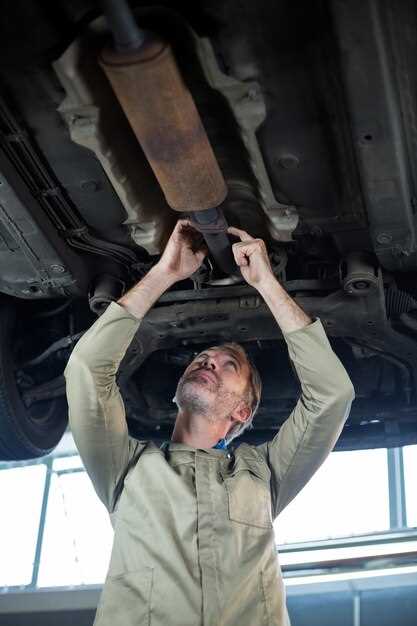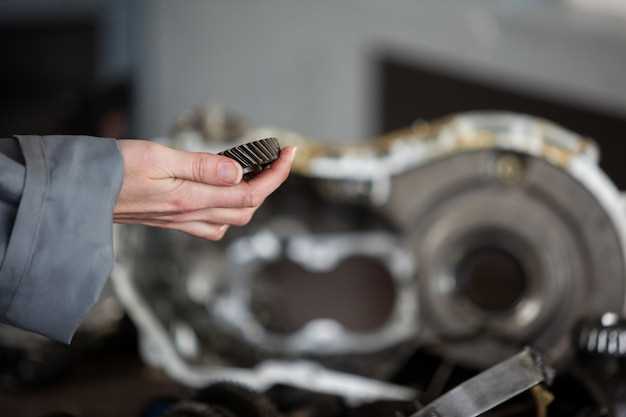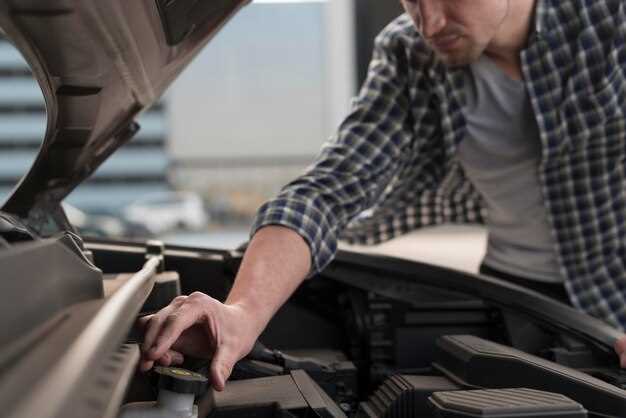
Engine knock, also known as pinging or knocking, is a disruptive phenomenon that occurs within an internal combustion engine. This condition arises when the air-fuel mixture in the combustion chamber ignites prematurely, leading to a distinct knocking sound. Understanding the causes of engine knock is crucial for vehicle owners and mechanics alike, as it can lead to significant engine damage if not addressed promptly. The factors influencing engine knock range from fuel quality to engine tuning and mechanical issues.
One of the primary causes of engine knock is the use of low-octane fuel, which can ignite at an inappropriate time under high pressure and temperature conditions. Additionally, advanced ignition timing can exacerbate the problem by causing the fuel-air mixture to ignite too early. Other factors, such as carbon buildup in the combustion chamber, can also contribute to knock by creating hot spots that ignite the fuel prematurely. Recognizing these variables allows owners to take preventive measures before they escalate into severe mechanical failures.
Fortunately, there are several solutions to mitigate engine knock issues. First and foremost, using a higher-octane fuel can significantly reduce the likelihood of premature ignition. Regular maintenance, including decarbonization of the engine and proper tuning of the ignition system, can also play a vital role in preventing knock. For serious cases, it may be necessary to inspect internal components or adjust the ignition timing to ensure optimal engine performance. By identifying the root causes and implementing the right solutions, vehicle owners can protect their engines from the detrimental effects of knock and extend their longevity.
Identifying Common Triggers of Engine Knock

Engine knock, also known as detonation, occurs when fuel burns prematurely in the engine’s combustion chamber. Identifying the common triggers of this phenomenon is crucial for maintaining engine performance and longevity.
One primary trigger is the fuel quality. Lower octane fuels may not withstand the compression levels of high-performance engines, leading to premature ignition. It’s essential to use fuel that meets or exceeds the manufacturer’s recommended octane rating.
Another significant factor is the engine’s temperature. Overheating can cause the engine components to expand, increasing the likelihood of unwanted knock. Ensuring proper cooling system function, including coolant levels and thermostat operation, is vital.
Engine timing plays a critical role in preventing knock. Incorrect timing, whether due to a malfunctioning timing belt or improper tuning, can result in the air-fuel mixture igniting too early. Regular checks and adjustments can help maintain optimal timing settings.
Detonation can also be influenced by excessive carbon build-up in the combustion chamber. Carbon deposits can raise compression ratios and create hot spots that ignite the fuel prematurely. Regular engine cleaning can mitigate this issue.
Lastly, mechanical issues such as worn-out spark plugs or damaged ignition coils can exacerbate knocking. Ensuring that ignition components are in good condition helps maintain a smooth combustion process and reduces the risk of knock.
By understanding these common triggers, vehicle owners can take proactive steps to avoid engine knock and maintain optimal engine performance.
Tuning and Maintenance Practices to Prevent Engine Knock

Regular maintenance and proper tuning are essential to prevent engine knock, a detrimental condition that can lead to severe engine damage. One of the most effective ways to minimize the risk of engine knock is to ensure that the engine is correctly tuned. This includes checking and adjusting ignition timing. Incorrect timing can lead to premature ignition of the air-fuel mixture, causing knocking. Therefore, using precise timing specifications provided by the manufacturer is critical.
Another key factor is fuel quality. Using high-octane fuel, especially in high-performance engines designed for it, can significantly reduce the chances of knock. Higher octane fuels are more resistant to premature ignition, thereby improving combustion efficiency and engine performance. Additionally, ensuring your vehicle’s fuel system is clean and free of contaminants helps maintain the correct fuel-to-air ratio, which is crucial for optimal combustion.
Regularly inspecting and replacing spark plugs can also play a vital role in preventing knock. Worn or incorrectly gapped spark plugs may ignite the air-fuel mixture unevenly, leading to potential knocking. Keeping spark plugs in good condition ensures smoother engine operation and reduces the likelihood of abnormal combustion.
Engine cooling systems must be properly maintained to prevent overheating, as high temperatures can increase the risk of knocking. Regularly checking coolant levels, inspecting hoses for leaks, and ensuring the radiator is functioning efficiently are necessary practices to maintain ideal engine temperatures.
Additionally, adjusting the air-fuel mixture can help prevent knock. A mixture that is too lean may cause engine knock due to increased combustion temperatures. Using the appropriate air-fuel ratio, as specified by the manufacturer, is essential for optimal performance and prevention of pre-ignition issues.
Lastly, regular diagnostic checks can help detect any issues before they escalate into serious problems. Utilizing advanced diagnostic tools allows mechanics to monitor engine performance and identify potential knock-related symptoms early, facilitating timely intervention and maintenance.
When to Seek Professional Help for Persistent Knock Problems
If you experience persistent engine knock, it is crucial to recognize when to seek professional help. Ignoring this issue can lead to severe damage to your engine and expensive repairs. Here are key indicators that it’s time to consult with a mechanic.
1. Repeated Occurrence of Knock: If your engine continues to knock after making minor adjustments, such as using higher-octane fuel or tuning the ignition timing, this is a clear sign that a deeper issue may exist.
2. Severity of Noise: A faint knock might be manageable, but if the sound becomes loud and pronounced, it indicates potential damage to internal engine components. Trust your ears; a significant change in noise level warrants professional evaluation.
3. Accompanying Symptoms: Be aware of additional symptoms, such as loss of power, decreased fuel efficiency, or warning lights on the dashboard. These signs often correlate with serious engine problems that require diagnostic expertise.
4. Overheating: If your engine is overheating while experiencing knock, this is a critical condition that demands immediate attention. Overheating can accelerate damage and lead to catastrophic engine failure.
5. Persistence Despite Repairs: If you’ve already undertaken attempts to remedy the knocking, such as replacing spark plugs or adjusting the fuel mixture, and the issue persists, it’s time to let a professional assess the situation.
6. Age and Condition of Vehicle: Older vehicles or those with high mileage are more susceptible to engine knock, especially if proper maintenance has been neglected. A professional can evaluate the overall health of your engine and recommend necessary repairs.
In conclusion, engine knock should not be taken lightly. Recognizing the signs that indicate the need for expert help can save you time, money, and extend the life of your vehicle.


